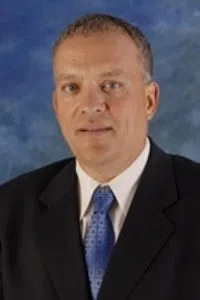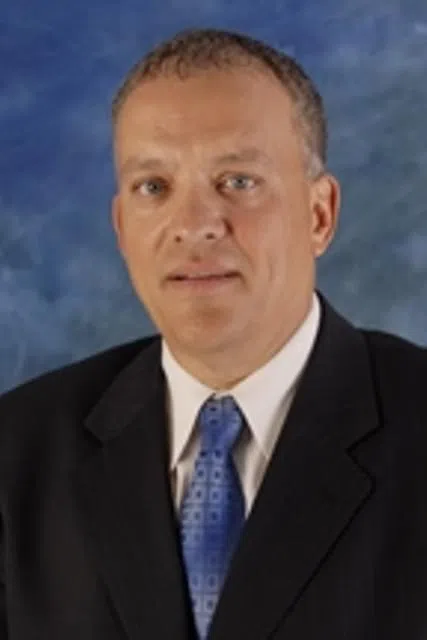
(Photo courtesy: Illinois Government)
By Illinois Radio Network
SPRINGFIELD – At least three elected positions in the Illinois statehouse won’t be chosen by voters, rather party leaders will select the replacements and doing so could prove contentious in one case.
State Rep. Luis Arroyo, D-Chicago, resigned in October after he was arrested on bribery charges. He has pleaded not guilty. As a local party official, Arroyo had a role in selecting his replacement, but House Speaker Michael Madigan threatened to challenge the selection if Arroyo participated in the process.
University of Illinois Springfield Politics professor Kent Redfield said it could lead to uncharted territory.
“You could get essentially a standoff where party officials keep sending a name forward and the House keeps rejecting it,” Redfield said.
If the House rejects Arroyo’s replacement, the seat would be vacant. Redfield said that would mean the Democrats would have one less vote.
“It’s a very strange situation and certainly part of it is trying to get out in front of the corruption issue,” Redfield said. “And [House Democrats] might be a little more willing to seat this person if they had a one-vote majority than a situation where they’ve got a supermajority.”
House Democrats have a supermajority in Illinois.
“We would not be in this situation if we had provisions for some kind of election process to temporarily fill a seat,” Redfield said.
Republicans filed House Joint Resolution Constitutional Amendment 36 to change how replacements are chosen. The measure would ask voters to change the state constitution to have a vacancy in the General Assembly be filled with a special election.
State Rep. Tom Demmer, R-Dixon, said elected representatives should be chosen by voters.
“This should be about the people that we’re all here to serve and not about political insiders cutting a backroom deal, especially when they might be under the cloud of federal indictment,” Demmer said.
While the House could battle over Arroy’s replacement, there could also be some theater in picking a new Senate President.
Senate President John Cullerton, D-Chicago, who’s expected to step down mid-term next month, will be replaced by local party leaders. But because Cullerton has not filed paperwork about his retirement with the Secretary of the Senate, there will not be a primary for the seat in March. Local Democratic and Republican party leaders in Cullerton’s district will select who will be on the November ballot to finish out Cullerton’s term.
Redfield said Cullerton’s retirement also means selecting the next Senate President. If there are two or three candidates who have 10 to 12 Democratic Senators supporting them that could lead to coalition building with Republican Senators for votes, but Redfield said that’s unlikely.
“You could get some theater out of this or one candidate could reach enough arrangements and make enough promises to wrap it up,” Redfield said.
Senators are back Jan. 19 to select the next Senate President. While the parties will caucus separately beforehand, the official vote will be overseen by the governor.
As for state Sen. Martin Sandoval, D-Cicero, local party leaders will select his temporary replacement. He’s under federal investigation and is set to step down Jan. 1. There will be a special primary for his seat in March because he filed his paperwork during the primary candidate filing period. From there, as part of the November election voters will select who will then finish out Sandoval’s term.
Illinois Radio Network can be reached at News@WJBC.com.





